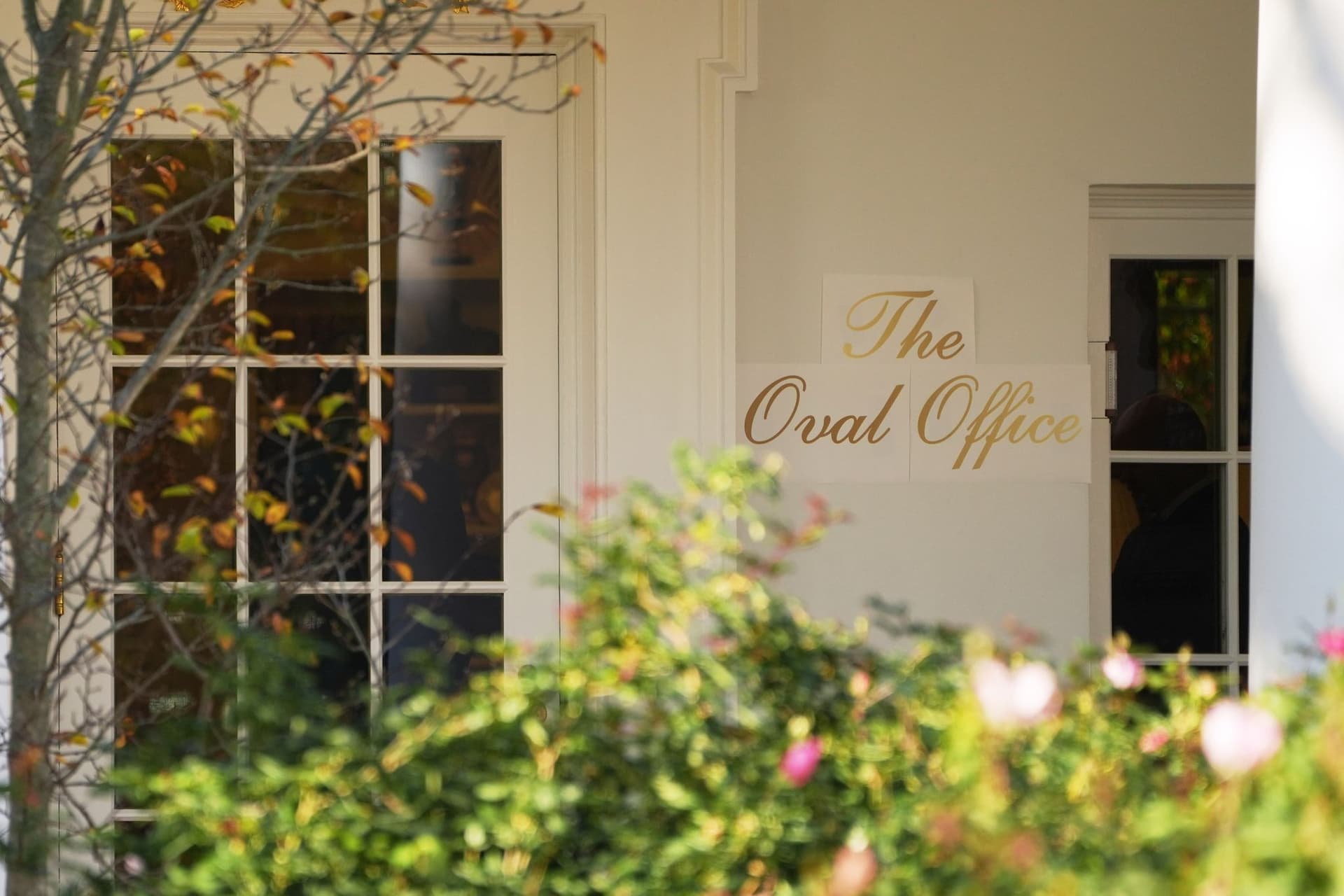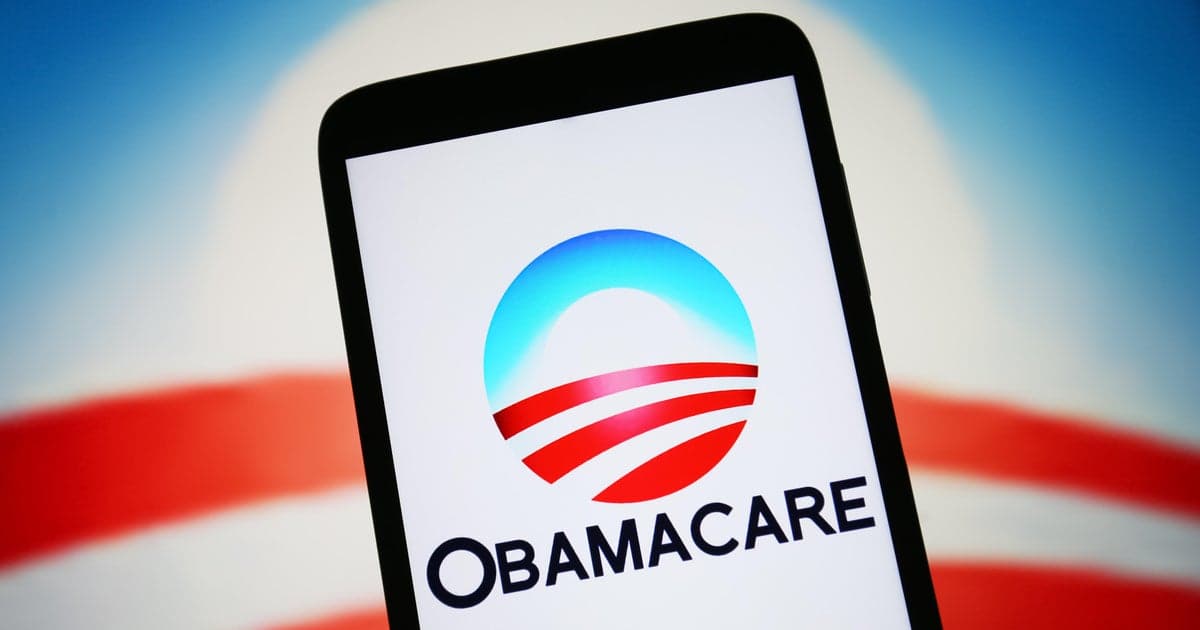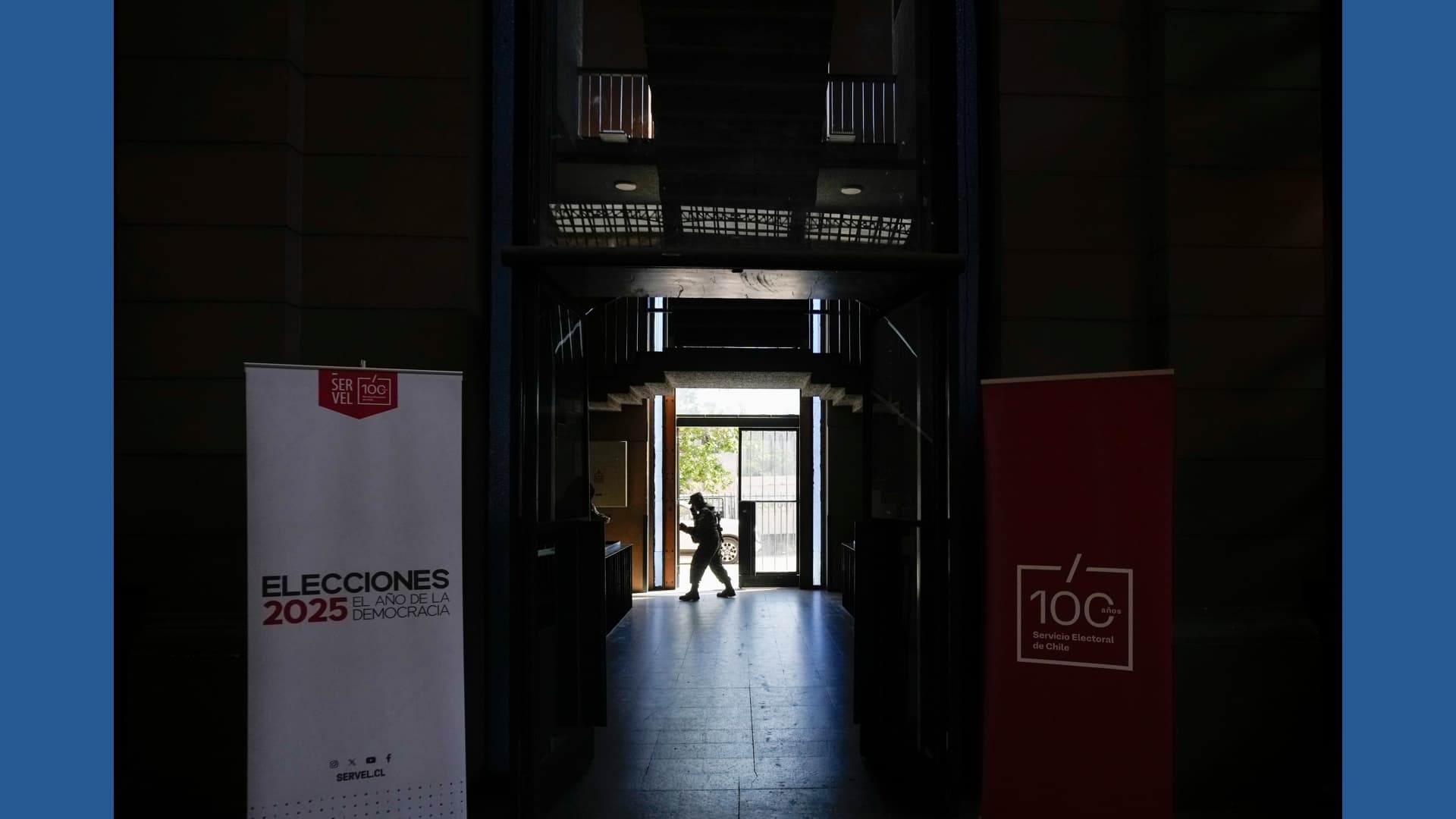Republican Party Insists No Affordability Crisis, Dismisses Losses
Voters in recent elections ranked economic worries as their top concern according to the AP Voter Poll, yet Republican leaders and Trump allies are downplaying those results and stressing turnout over message change. The tension between voters signaling economic anxiety and party strategists insisting the verdict was not a rebuke raises questions about strategy, accountability, and the shape of the 2026 midterm fight.

Economic anxiety emerged as the dominant voter concern in this month’s elections, according to the AP Voter Poll, but Republican national leaders and the president’s allies have sought to minimize the significance of recent losses. Party messaging from Trump’s team and the Republican National Committee instead emphasizes loyalty to the president and a turnout push for the 2026 midterms, setting up a contest over whether to recalibrate policy and messaging in response to voter priorities.
The AP poll showed voters prioritized affordability and the cost of living, contributing to electoral setbacks in states including Virginia and New Jersey where observers said the results underscored public unease with the economy. That dynamic could matter in 2026 when control of Congress is at stake, because historical patterns show the party occupying the White House tends to lose seats in nonpresidential elections. Republican strategists and some party operatives acknowledge the structural challenge, even as they push a counter narrative.
Republican National Committee talking points circulated after the elections insisted the outcomes “were not a referendum on President Trump, Republicans in Congress, or the MAGA Agenda,” and urged supporters toward a singular focus on turnout. The memo added that to win in 2026, “Make America Great Again” voters “will need to show up at the ballot box; President Trump and Republicans are going to make that happen.” The messaging doubles down on support for the president and his policies rather than signaling substantive adjustments to economic messaging.
Some Republicans outside the Trump inner circle caution that this posture could be politically risky. Republican strategist Doug Heye said the president’s approach is not necessarily helpful for the Republican Party or its candidates, who face a difficult political environment as voters weigh pocketbook issues. That internal critique highlights an emerging rift between message discipline centered on loyalty and calls for pragmatic responses to voters’ economic concerns.
Policy credibility is also under scrutiny as the campaign rhetoric on public safety and drug interdiction diverges from federal data. The president has criticized maritime interdiction efforts and questioned their effectiveness, even as U.S. authorities report record cocaine seizures. Such discrepancies between assertions from the top of the ticket and measurable outcomes can complicate appeals to voters looking for clear policy solutions to economic and public safety anxieties.
Institutionally the party faces a governance challenge. Reliance on base mobilization without policy adjustments could hold if turnout surges are sufficient, but it risks alienating moderate and swing voters who signaled economic distress in the polls. For civic engagement, the RNC strategy effectively places the burden of electoral correction on activists and core voters showing up, rather than persuading undecided or economically anxious constituencies.
As 2026 approaches, Republicans will have to reconcile competing imperatives: maintain a cohesive party line centered on the president’s agenda while addressing the economic worries that the AP poll identified as decisive for many voters. How they balance those priorities will shape not only campaign tactics but the substantive policy debates over affordability and economic governance that voters are demanding.


